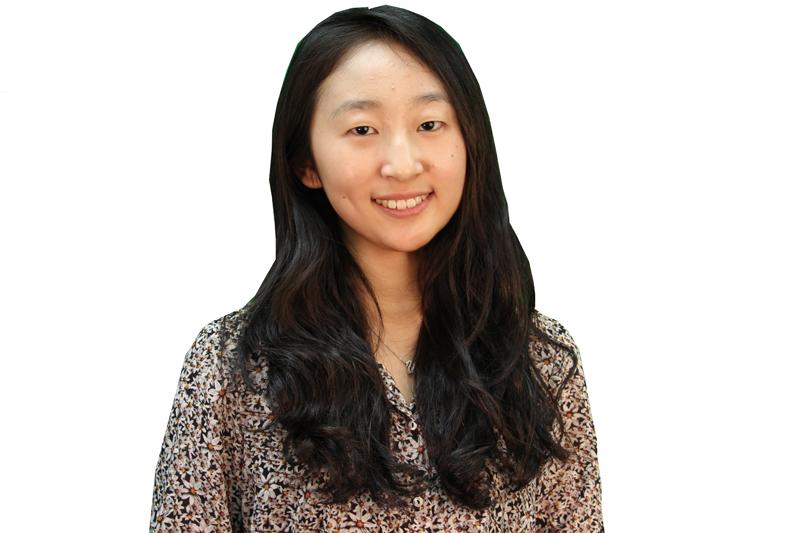Shin: Between too much and too little medical care
May 7, 2015
So far, from my perspective as an international student, Northwestern has been great in terms of resources, support and community atmosphere. I can go to the International Office or other international students to ask questions and find out about events going on. However, the challenges we face as international students aren’t always drastic — sometimes it’s the small difficulties, like getting used to American medical protocols, that affect life as an international student most.
Last quarter, I had a bad stomach ache once and went to an office to get pain relievers. I sat down to rest, putting my head on the table. Doing so made the people in the office extremely worried, and they started asking if I needed to go to health services, which I couldn’t do because I wasn’t feeling well. Things escalated quickly when they asked if they should call 911. Although I was in pain and couldn’t think much, that was a shock.
I said no, but the office called the paramedics, who took my blood pressure, tested my blood sugar and asked me a few questions. The paramedics told me if something like this happens again, I don’t have a choice but to get on the ambulance. That was scary — I always thought of 911 as reserved for when you’re unconscious or have some serious injury.
Back in high school in Korea, I would get these painful attacks too, but my school’s reaction was completely different. The nurse told me I wasn’t in a “bad enough state” to go to the doctor or be hospitalized, that I should take some Tylenol and go back to class. I often heard my homeroom teacher say nobody should be in the nurse’s office longer than five minutes unless they needed hospitalization or surgery. Apparently, there are two things you can get from the nurse’s office: Tylenol for pain and Band-Aids for bloody injuries. Clearly, I wasn’t in a “bad enough” state, so I was kicked out of the nurse’s office even though I only asked to lie down for a half hour.
It’s surreal to me that for the same symptoms, the nurse kicked me out of her office in Korea, while at Northwestern, paramedics were called and a police officer drove me back to my dorm, which was a five-minute walk from class. My high school lived true to its unofficial motto “be tough,” and doesn’t necessarily represent all Korean schools. However, my experience with both extremes of perception and medical attention says something about the general differences in culture.
I should prefer the experience in America, where people take medical concerns more seriously and thoroughly. But I can’t easily say so, because I didn’t feel comfortable receiving all that attention and care. Perhaps this is because I am used to the “be tough” culture. Granted, for all those in the office knew, I could have had a serious problem and they were doing their job, but it really was some intense caring.
Although it’s difficult to ask the international or American students to “solve” such issues, more conversations about these accumulating experiences make a big difference in making international students feel integrated into the community.
Heiwon Shin is a Medill sophomore. She can be contacted at [email protected]. If you would like to respond publicly to this column, send a Letter to the Editor to [email protected].


